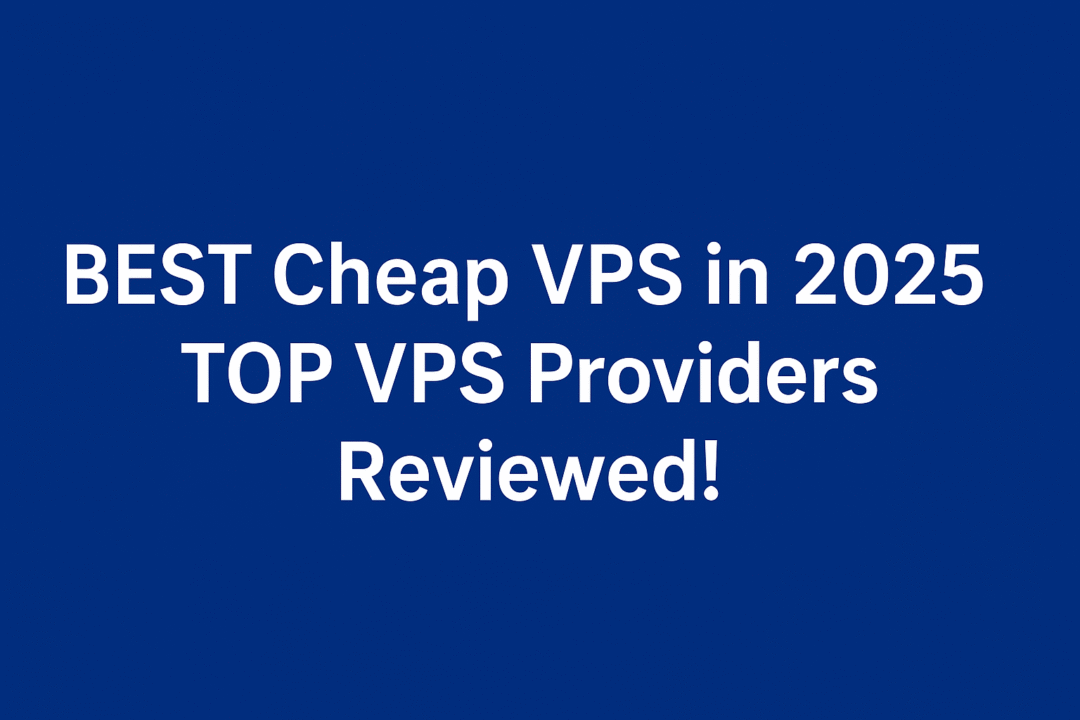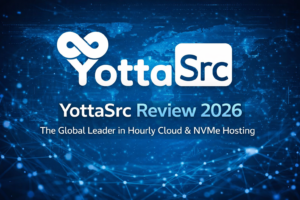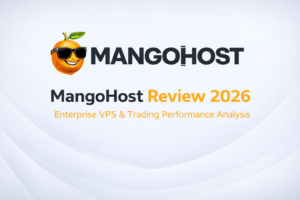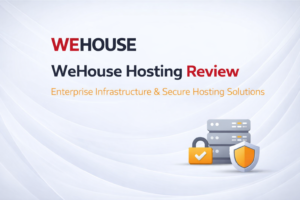Best Cheap VPS Hosting in 2025: In‑Depth Reviews & Comparison
Your complete guide to choosing an affordable, high‑performance Virtual Private Server without breaking the bank. We focus on real value: performance, reliability, and support — not just low sticker prices.
What is a VPS and Why Do You Need One?
A Virtual Private Server (VPS) sits neatly between shared hosting and dedicated servers. Using virtualization, one physical machine runs multiple isolated virtual machines with their own CPU, RAM, and storage. You get root access, predictable performance, and the freedom to configure the stack you want.
Unlike shared hosting, your resources aren’t at the mercy of noisy neighbors. This isolation boosts performance and security, making VPS a smart step up for growing sites, apps, and stores.
Is It Time to Upgrade to a VPS?
- Performance dips: slow loads at peak times, CPU/RAM warnings.
- Customization needs: custom runtimes, ports, or services.
- Security requirements: dedicated IP, stricter firewalling, compliance.
- Traffic growth: your shared plan can’t keep up.
- Developer workflow: staging, CI/CD agents, multiple sites on one box.
Key Factors in a Cheap VPS: Balancing Cost and Quality
- Modern hardware: current‑gen Intel Xeon or AMD EPYC; prefer NVMe SSD.
- Resource value: fair RAM/vCPU/storage for the price.
- Scalability: upgrade without downtime or data loss.
- Uptime SLA: aim for ≥ 99.9%.
- Root access: full control when you need it.
- Support: responsive 24/7 via chat/ticket/phone.
In‑Depth VPS Provider Reviews for 2025

1) Hostinger — Best Overall Value for Beginners
Hostinger pairs competitive pricing with an approachable control panel (hPanel). Plans include root access, dedicated IP, automated backups, and fast NVMe storage to keep apps responsive.
Pros:
- Great resource‑to‑price ratio
- Friendly hPanel + helpful automation
- NVMe storage across tiers
- Backups + dedicated IP included
Cons:
- Renewals higher than intro deals
- Support mostly chat/tickets

2) Kamatera — Ultimate Flexibility & Customization
Kamatera’s cloud VPS is fully configurable: pick exact vCPU, RAM, storage type, OS (including Windows), and region. Hourly billing fits short‑term or bursty workloads.
Pros:
- Granular resource selection
- Hourly billing and trials available
- Wide OS catalog + global regions
Cons:
- Choice overload for beginners
- Managed help costs extra

3) IONOS — Most Budget‑Friendly Entry Point
IONOS routinely offers very low entry prices while keeping essentials like root access, SSD storage, and generous bandwidth. Great for learners and light projects.
Pros:
- Extremely low starting costs
- Unlimited traffic on many plans
- Linux and Windows options
Cons:
- Control panel feels corporate
- Support experience can vary
4) DigitalOcean — Built by Developers, for Developers
DigitalOcean focuses on simplicity and predictable performance. Droplets spin up fast, and the documentation/community remain stand‑out strengths for builders.
Pros:
- Clean, intuitive dashboard
- Reliable performance
- Excellent guides & community
- Predictable pricing
Cons:
- Priced above the rock‑bottom hosts
- Unmanaged—requires technical skill
2025’s Top Cheap VPS Providers: A Comparison
| Provider | Starting Price* | Entry Plan (example) | Best For | Action |
|---|---|---|---|---|
|
|
$4.99/mo |
|
Beginners | See Plans |
|
|
$4.00/mo |
|
Flexibility | Build Server |
|
|
$2.00/mo |
|
Lowest Price | See Deals |
|
|
$4.00/mo |
|
Developers | Get Started |
*Pricing/specs change frequently by region and promo. Always confirm on the provider site before purchase.
Frequently Asked Questions
What is the absolute cheapest VPS provider?
Based on entry promotions, IONOS often posts the lowest sticker price for basic configurations. Ensure the included RAM/CPU meets your needs before committing.
Can I host multiple websites on a cheap VPS?
Yes. Install a control panel (e.g., cPanel, Plesk, or free options like HestiaCP) and size your RAM/CPU for all sites combined.
Managed vs unmanaged VPS — what’s the difference?
Unmanaged: you handle the OS, stack, and security. Managed: the provider maintains the server for an added fee — ideal if you prefer to focus on your sites.
Is a cheap VPS fast enough for a business site or store?
For most small/medium projects, a modern VPS with NVMe and adequate RAM/vCPU is plenty. Pair it with caching/CDN and good app optimization.
Final Thoughts: Making the Right Choice
For value and ease, Hostinger is a strong starting point. If you need fine‑grained control, Kamatera shines. On tight budgets, IONOS offers a low‑cost entry. Developers who prize a clean UX and docs may prefer DigitalOcean. Match plan resources and locations to your traffic and growth roadmap.
Disclosure: Links may be affiliate. This doesn’t affect our reviews. Replace # with your tracking URLs and add rel="nofollow sponsored" as shown.




